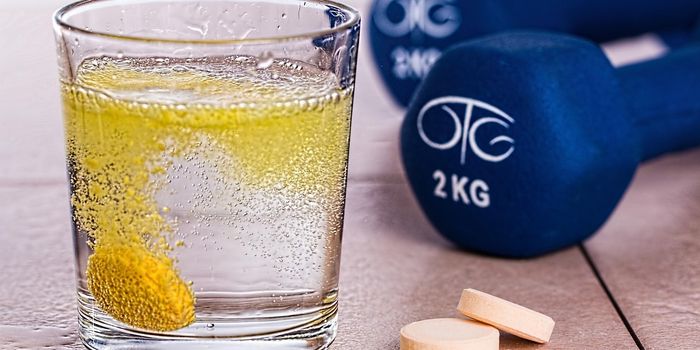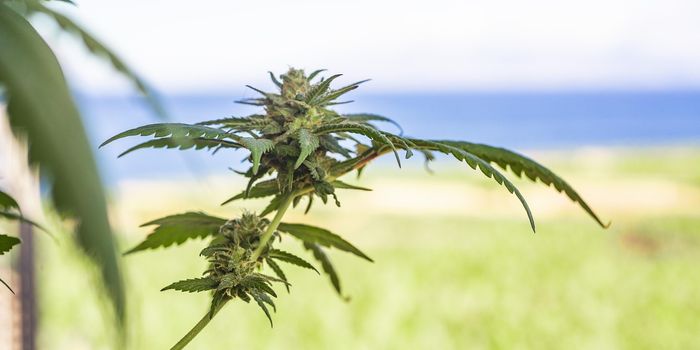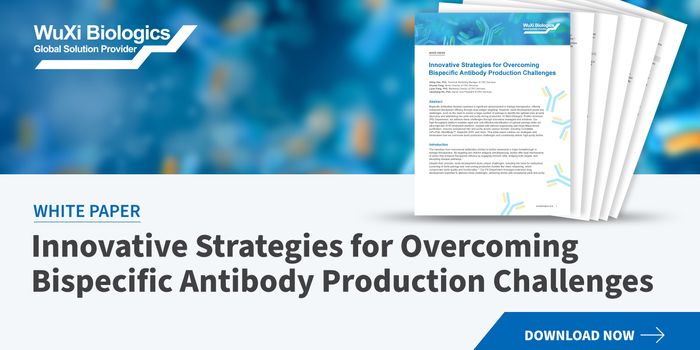Mild COVID Produces Better Than Expected Antibody Responses
Over millions of years, the immune system has evolved to shield us against disease-causing pathogens that we encounter early in life. When it comes to the coronavirus, immunologists previously believed that only those who recovered from severe infections developed immune protection.
However, a growing body of research contradicts these earlier sentiments—even those who experienced mild bouts of COVID-19 produced sustained levels of antibodies against the virus.
University of Michigan researcher Charles Schuler led a team that tracked immune responses in recovering COVID patients. Of the 130 study participants, three were hospitalized with severe symptoms, while the rest experienced much milder infection symptoms such as headaches and a loss of smell.
The researchers measured the levels of antibodies against the virus’ spike protein and nucleocapsid at the three- and six-month mark after infection. In results reported in Microbiology Spectrum, 90 percent of the participants had strong antibody levels, suggesting natural immunity shielded against virus reinfection for at least six months.
Throughout the study, none of the participants with circulating neutralizing antibodies got reinfected, while 15 antibody-negative patients did. Interestingly, contrary to earlier hypotheses that the strength of COVID neutralizing antibodies wane over time, Schuler and team found that the patients’ antibodies remained as potent between the three- and six-month marks.
This study represents one of the first to provide evidence for longer-term immunity in those who experience mild COVID infections.
Schuler cautions that while these findings are encouraging for those who have fully recovered from COVID, this is not a reason to skip vaccinations in favor of acquiring natural immunity.
“Vaccination decreases infectiousness, the risk of hospitalization and deaths from COVID-19, without having the actual infection,” commented Schuler. “Achieving natural immunity by deferring vaccination in favor of infection is not worth going through the discomfort, risk to yourself and risk to others.”









